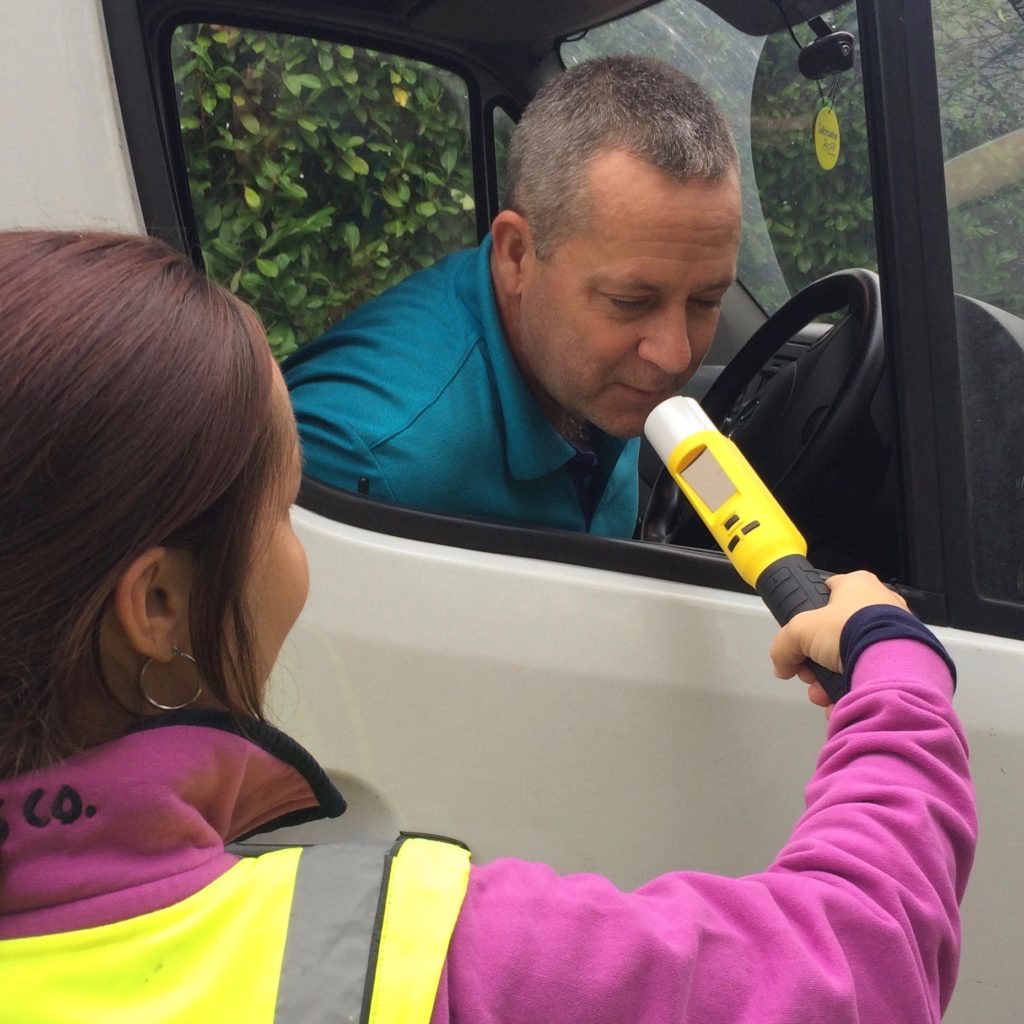Black Friday delivery warning: drug and alcohol misuse a ticking time bomb, say safety experts

As the flurry of Black Friday purchases hits retail websites this week, safety experts are urging delivery companies to be vigilant when it comes to employing overflow staff to take on surplus work.
Ordering a home delivery is a growing trend, with 95% of all UK consumers shopping online last year. According to forecasts, the number of online shoppers will exceed 41 million by 2019, with consumers citing convenience and speed of delivery as their main incentives.
This rise in online shopping is increasing pressure on deliveries, and companies are being forced to take on extra freelance drivers and depot workers to cope with demand.
According to the Department for Transport, alcohol costs British businesses in excess of £6 billion per year in lost productivity and a third of employers say alcohol misuse is a problem at work. There’s also the potential damage to a business’s reputation should they be held accountable for an employee’s wrongdoing.
Now safety experts are warning that drug and alcohol policies within the transport and logistics industries should be as airtight as possible to ensure the safety of the public and the workforce.
Suzannah Robin, who is an alcohol and drug safety expert at AlcoDigital, helps numerous companies to address their drug and alcohol testing requirements. She said:
“This issue is a ticking time bomb for the delivery and logistics sectors. We would urge companies to ensure they have an alcohol and drug testing policy in place. As well as identifying offenders, it also serves as a deterrent to those considering abusing alcohol and drugs in the workplace. If a company has staff working vehicles or machinery, such as drivers or those involved with distribution, we would recommend regular testing.
“This could be anything from fitting an interlock breathalyser to a vehicle, which will immobilise the engine if the result proves positive, to testing employees before shifts with a handheld digital device.
“We’ve found that regular random testing of employees for alcohol has resulted in significant benefits for improving safety and safeguarding businesses from the potential fallout of lost revenue and reputational damage.”




